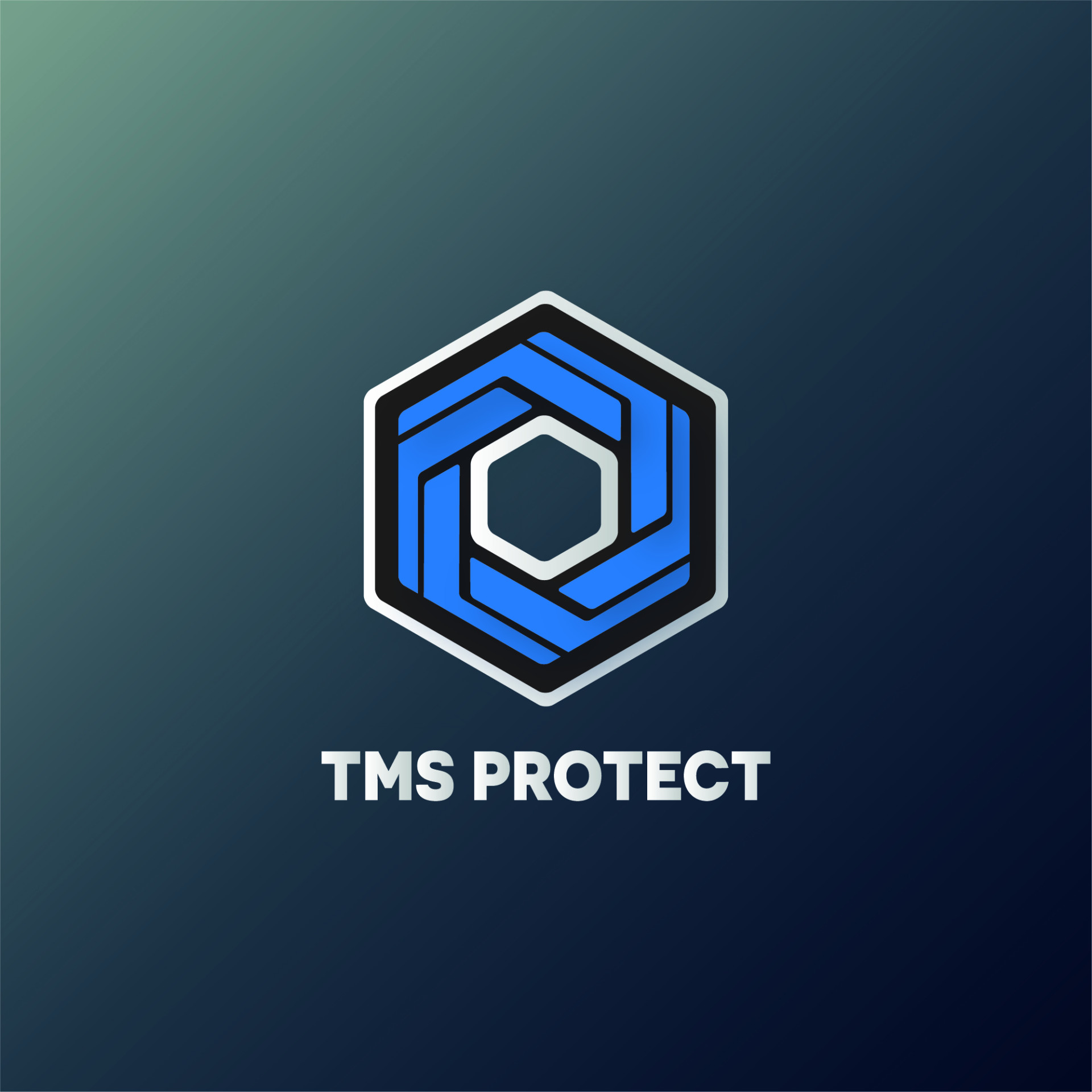R&R – SEARCH
SEARCH AREA
You must familiarise yourself with the event-specific search policy and procedure before assuming your position. This will likely vary substantially based on age restrictions, event type, proposed threat risk, legal obligations and the event history.
Please pay close attention to the brief, where all of this information, as well as the search level and site-specific criteria, will be communicated to you. It is essential for security personnel to be conversant with the specific policies and procedures applicable to their workplace.
As is the case with all security positions, you are expected to have completed your employee induction, which includes but is not limited to customer service, counter-terrorism, collaboration, diversity, and inclusion. You should also ensure that you are aware of the dress code and have completed the checklist to ensure that you are fully prepared for work in this environment that is constantly changing.
Working in the ‘Search’ area requires security personnel to fulfil specific duties and responsibilities to protect individuals and the premises. Here is a list of the most important tasks and obligations for security personnel:
- Conducting thorough searches: Security personnel must have the knowledge and skills to conduct comprehensive searches of individuals, their possessions, and designated areas. This includes employing the proper search techniques, instruments, and apparatus to detect prohibited or dangerous items. During the search process, they must adhere to established protocols and procedures to maintain a high level of efficiency and expertise. The search policy will be site specific
- Maintaining confidentiality and professionalism: Security personnel operating in the ‘Search’ area must maintain strict confidentiality with regard to any sensitive information or personal property they discover during searches. They should handle all items with professionalism and sensitivity, always maintaining privacy and discretion. Any confidential or private information obtained during the inquiry must be handled in accordance with the established protocol.
- Effective communication is essential for security personnel working in the ‘Search’ area. They should be able to communicate instructions and guidelines to individuals undergoing searches with clarity and assurance, ensuring their cooperation and comprehension. Additionally, they should be able to answer inquiries, address concerns, and provide necessary information regarding the search procedure.
- When conducting searches, security personnel are required to rigorously adhere to established policies, procedures, and legal requirements. They should have a comprehensive comprehension of the laws, regulations, and protocols that govern search procedures in their particular environment. Compliance with these guidelines helps maintain a consistent and equitable approach while ensuring the safety and security of all involved parties.
- Documenting search activities It is crucial for security personnel to keep accurate and comprehensive records of search activities. This includes recording the date, time, location, individuals involved, and results of each search. Appropriate documentation functions as a valuable resource and is useful for investigations and audits. Personnel in charge of security should ensure that all documents are stored securely and are readily accessible when necessary.
- Collaboration with other security personnel Security personnel assigned to the ‘Search’ area must collaborate effectively with their co-workers and other security personnel. To ensure a coordinated approach to maintaining a safe and secure environment, they should communicate any pertinent information, such as suspicious activities, potential security dangers, or procedural changes.
- Continuous training and development: In order to fulfil their responsibilities effectively, security personnel in the ‘Search’ area must participate in ongoing training and development programmes. This entails remaining current on the most recent search techniques, technologies, legal requirements, and best practises. Continuous learning and development ensure that security personnel have the skills and knowledge necessary to perform their duties efficiently and effectively.

